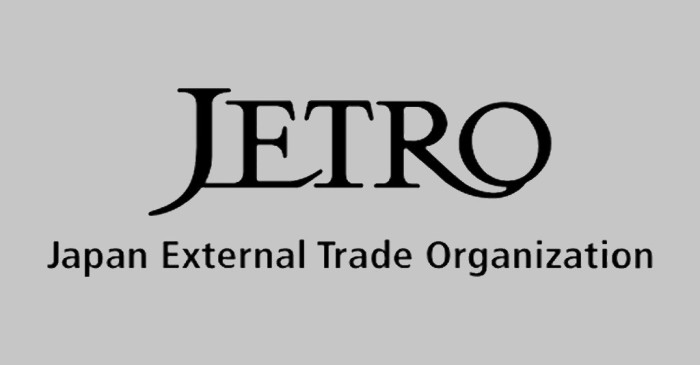

The Japan External Trade Organisation on Tuesday said that more than 70 per cent of Japanese businesses were dissatisfied with the business environment in Bangladesh.
At a seminar titled ‘Japan-Bangladesh collaboration: enhancing FDI and economic partnership’ at a hotel in the capital Dhaka, JETRO observed that Bangladesh was among the top three countries in terms of lack of efficiency in administrative procedures, complexities in legal system, complexities in tax systems, and complex procedures for work permits and visa.
The seminar was organised by the Foreign Investors’ Chamber of Commerce and Industry in collaboration with JETRO, the Japanese Commerce and Industry Association in Dhaka, and HSBC Bangladesh.
Also supported by the Japan embassy in Bangladesh, JICA and JBCCI, the seminar aimed to foster deeper economic ties between Japan and Bangladesh, focusing on enhancing foreign direct investment and strengthening economic partnerships.
Yuji Ando, country representative of JETRO Bangladesh, in his keynote presentation emphasised the need to address issues such as customs clearance procedures, transparency and local procurement practices.
He said that production costs in Bangladesh were 60 per cent less compared with that of in Japan, shedding light on the growing interest of Japanese SMEs in expanding their businesses in Bangladesh.
Lutfey Siddiqi, special envoy on international affairs to the chief adviser of Bangladesh interim government, said that the government wanted Bangladesh to be one of the top places for foreign investment, however, it did not want the country to be the cheapest.
‘We are working to create policies following international standards for making the country investment friendly, and regulations for standard worker remuneration,’ he said.
Ichiguchi Tomohide, chief representative of JICA Bangladesh, in his keynote said that ongoing projects such as the Bangladesh special economic zones and the multi-layered connectivity in the Bay of Bengal were pivotal for enhancing Bangladesh’s investment climate.
His presentation underlined the significant role of infrastructure projects, such as the Matarbari deep seaport, in reshaping Bangladesh’s manufacturing and logistics sectors.
Iwama Kiminori, ambassador of Japan to Bangladesh, said that there was a limited time to exert a pull on the investments, despite however attractive a location might look like for investment.
‘Japan is committed to help Bangladesh achieving that goal,’ he added.
FICCI president Zaved Akhtar said, ‘By working together, we can create a robust and forward-looking economic cooperation model that will benefit both Japan and Bangladesh. This partnership is pivotal for fostering greater foreign direct investment and economic growth.’
FICCI officials, representatives from various embassies, and other key stakeholders attended the programme.


